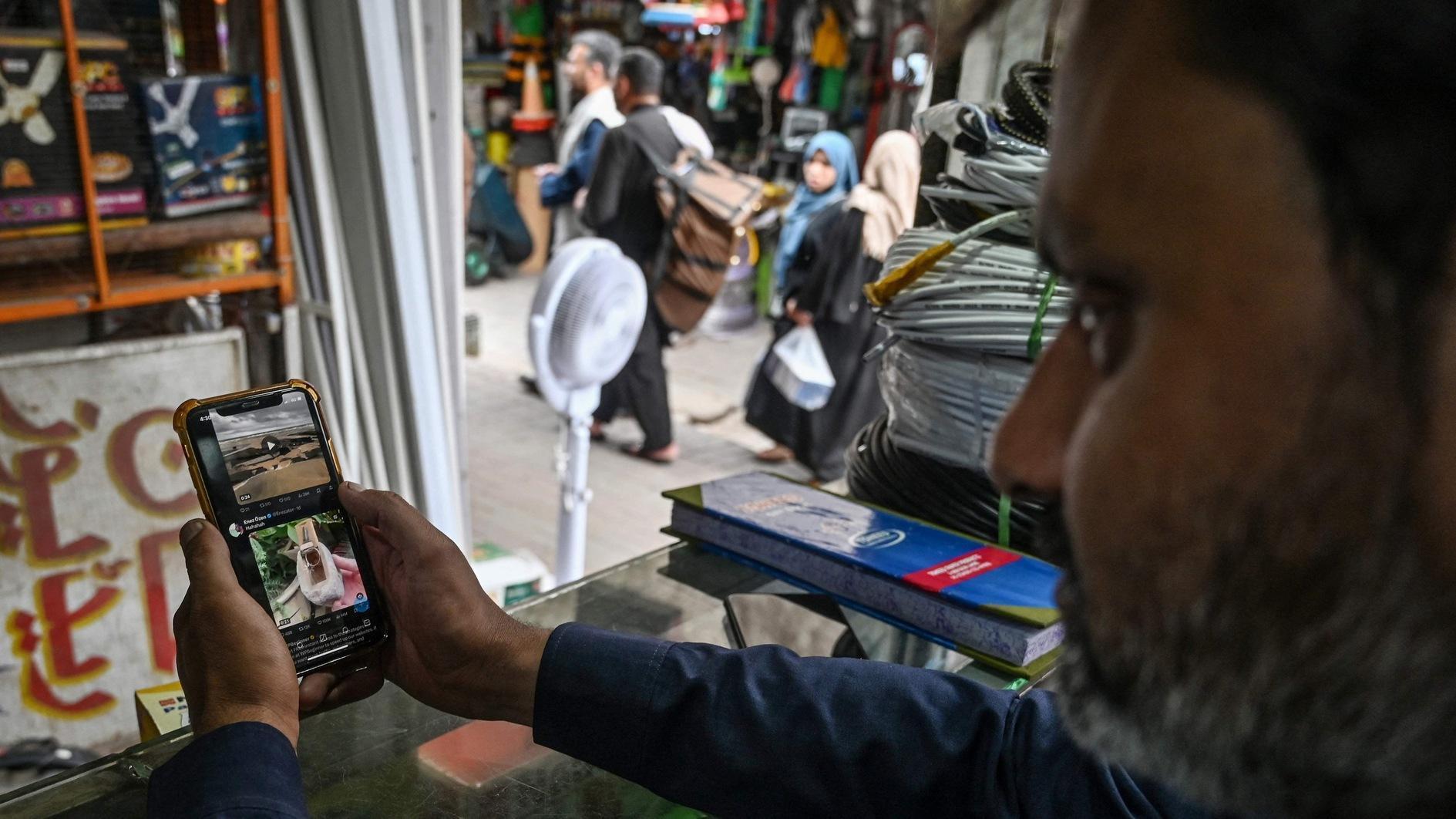Can Turkey change the course of the story?
“Manifesting one’s own identity and distinctness is an action of citizenship,” epic German thinker Hannah Arendt famously said.
This applies also to states and people. Manifesting one’s identity and distinctness is actually an action of universal citizenship and the hallmark of nation-states.
During my recent trip to Morocco, I had the chance to observe that the country has chosen to modernize by not disengaging its past but rather by, in Arendt’s words, manifesting its distinctness.
Turkey, on the other hand, is incomparably ahead of Morocco in terms of its democratic credentials, economy and social life thanks to the revolution of Mustafa Kemal Atatürk in the 1920’s that formed a new republic after the fall of the Ottoman Empire. Yet in contrast to Morocco, Turkey has not been able to preserve its cultural uniqueness during its modernization process, since the revolution caused an immediate rupture with the past and traditions, in other words with the people’s cultural background.
According to Fuat Keyman, a prominent Turkish political scientist, Turkey’s modernization is composed of four periods: Modernization, democratization, globalization and Europeanization. From 1923 on, the period of “modernization” formed a strong nation-state and a secular national identity. “Democratization” started in 1950 with the country’s first elections, in other words with the multi-party system, and absorbed the principle of free elections and separation of powers.
The “globalization” process from 1980 on adopted the global market economy. Following that period, full membership negotiations with the EU, structural reforms and calls for human rights-based citizenship have been labelled “Europeanization.”
Yet the whole process of modernization has been built upon a deep socio-cultural rupture. Hundreds of years of accumulation of Ottoman cultural heritage have been buried deep. Instead a new national identity has been artificially formed which is alienated from the people’s own reality.
World-renowned sociology professor Nilüfer Göle is the academic who explained this rupture best: “During Turkey’s modernization process, traditions have been either ignored, have vanished by themselves or been demolished on the grounds that they posed an obstacle to modernity. As a result, traditions have not been carried into modernity. They have been frozen instead.”
Morocco is a country which harbors duality just like Turkey. It is both Middle Eastern and European, which is also self-evident by its old name: “Maghreb,” meaning “West.” This is because Morocco is the westernmost country in the Islamic geography. Beforehand this name referred to a much wider region including not only Tunisia and Algeria, but also Spain, Portugal, Sicily and Malta.
Moreover, since Morocco used to be a French colony for many years, it has been stuck between two worlds. The country is both Western and Eastern, just like Turkey. Hence, it is ambivalent to which category the country belongs to, which applies also to Turkey. Sometimes Morocco finds itself in the category of the Middle East, whereas some other times it falls into the African, Mediterranean, French or even Western European category. Moreover, it doesn’t fit into any of them fully.
Due to all of these reasons, the modernization journey of Morocco reminds of the one of Turkey in cultural terms.
Not to mention that Turkey is a democratic republic based on free and fair elections. The government’s legitimacy relies on the people. Furthermore, the country doesn’t have any colonial experience. Morocco, on the other hand, is a monarchy and its democracy and economy fall incomparably behind Turkey.
Yet again, current Moroccan King Mohammed VI, who has been reigning for 17 years, has taken vast democratic steps. And by contrast with Turkey, Morocco has been able to preserve its own culture during its modernization process, which has been going on for decades. This is why its unique artistry has become headmost in the Arab world and recognizable all across the world today.
According to Mohammed El-Katiri, a Moroccan academic specializing in radical Islam, “the Moroccan model,” which combines indigenous Moroccan culture and values with Western modernity, is driven mainly by the palace’s vision. “The king has played an important role in maintaining a balance between authenticity and modernity. Staying attached to the indigenous culture did not disrupt Moroccan identity and contributed to the political and religious moderation in Morocco,” Mohammed said.
In today’s world, what makes you strongest is your ability to exist with your unique identity. Turkey is distinct from the rest of the Islamic world due to its democracy and deeply-rooted relations with the West. And its strongest advantage in the eyes of Europe is its unique identity. If Turkey succeeds in synthesizing its two unique advantages, it would be able to present an unprecedented example of culture and democracy to the world.
This, in turn, would not only make Turkey much stronger in the global arena, but also strengthen the Turkish people by resuming their cultural evolution. Hence its cultural identity should be taken up where one left it off and carried a step further by helping it interact with the contemporary world.
Is it too late to change the course of the story? You know what they say: You never know till you try. And it is definitely worth trying.











